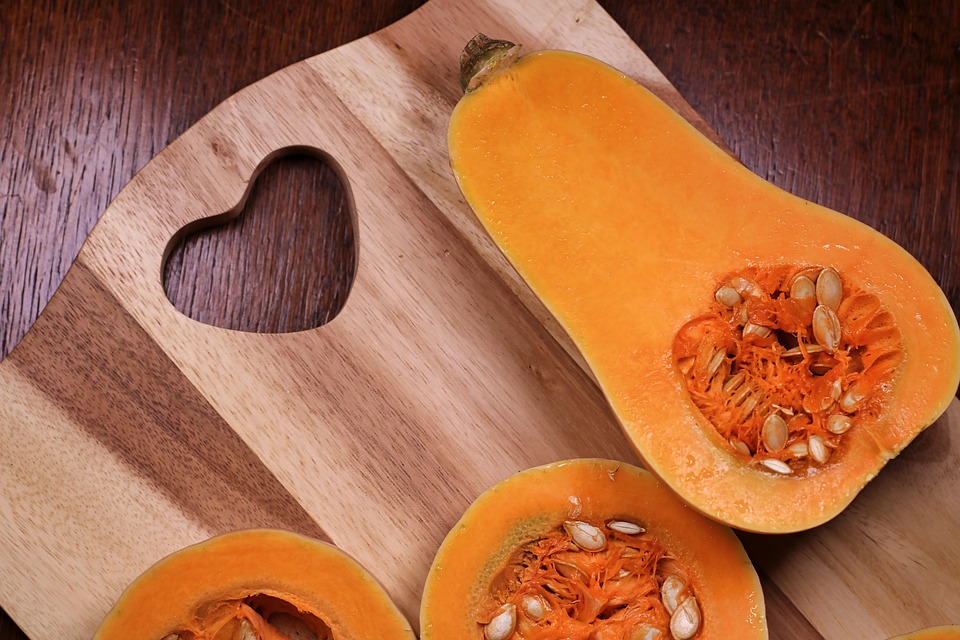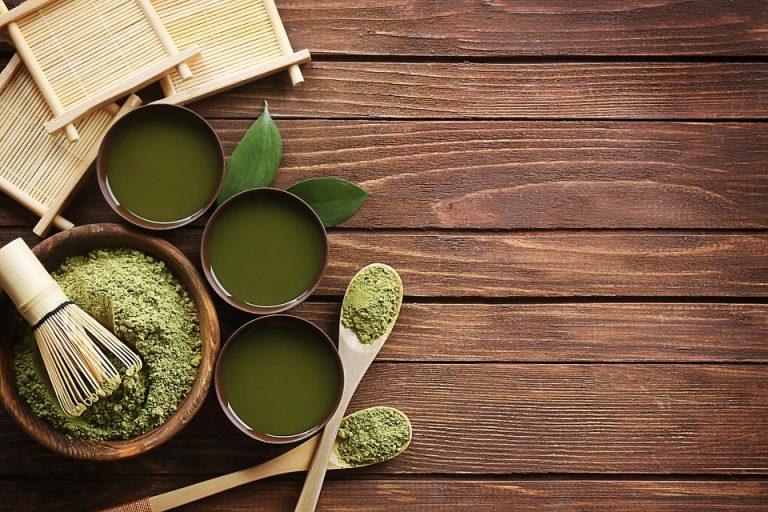Did you know that a small handful of pumpkin seeds could be a powerhouse for your heart health? While you might think of them as just a seasonal snack or a topping for salads, these little seeds pack a nutritional punch that can contribute to better cardiovascular health. Let’s dive into five surprising ways pumpkin seeds can boost your heart health—because who wouldn’t want to snack their way to a healthier heart?
Contents
1. Rich in Heart-Healthy Fats
You might have heard that not all fats are created equal. Pumpkin seeds are a fantastic source of healthy fats, particularly polyunsaturated and monounsaturated fats. These fats are essential for maintaining heart health, as they help lower bad cholesterol levels (LDL) and raise good cholesterol levels (HDL).
The Details
A one-ounce serving of pumpkin seeds contains about 14 grams of fat, of which roughly 6 grams are polyunsaturated. Studies have shown that diets rich in these healthy fats can significantly reduce the risk of heart disease. According to the American Heart Association, replacing saturated fats with unsaturated fats can lead to improved heart health.
Pros and Cons
Pros: Incorporating healthy fats into your diet can help reduce inflammation and improve cholesterol levels.
Cons: While healthy fats are beneficial, moderation is key. Pumpkin seeds are calorie-dense, so it’s easy to overindulge.
2. Packed with Antioxidants
Pumpkin seeds are not just a source of healthy fats; they’re also loaded with antioxidants like vitamin E and carotenoids. Antioxidants are crucial for combatting oxidative stress in the body, which can lead to heart disease over time.
The Details
Research indicates that oxidative stress plays a significant role in cardiovascular diseases. A study published in the Journal of Nutritional Biochemistry found that diets rich in antioxidants can lower the risk of developing heart-related issues. The vitamin E in pumpkin seeds acts as a powerful antioxidant, protecting your cells from damage.
Pros and Cons
Pros: Antioxidants can help improve overall health and potentially lower the risk of chronic diseases.
Cons: While pumpkin seeds contain antioxidants, they shouldn’t be your sole source. A balanced diet rich in fruits and vegetables is essential for optimal health.
3. High in Magnesium
Magnesium is often dubbed the “forgotten mineral,” but it plays a vital role in heart health. Pumpkin seeds are an excellent source of magnesium, with a one-ounce serving providing nearly 40% of the recommended daily intake.
The Details
Magnesium helps regulate blood pressure, and studies have shown that adequate magnesium intake is associated with a reduced risk of heart disease. A meta-analysis published in the American Journal of Clinical Nutrition found that higher magnesium intake correlated with lower blood pressure levels.
Pros and Cons
Pros: Maintaining healthy magnesium levels can help manage blood pressure and support overall heart function.
Cons: Too much magnesium from supplements can lead to adverse effects, such as digestive issues. It’s best to get your magnesium from food sources like pumpkin seeds.
4. Source of Fiber
Fiber is another unsung hero when it comes to heart health. While pumpkin seeds aren’t the highest in fiber compared to other foods, they still provide a decent amount. Fiber helps lower cholesterol levels and can improve heart health by promoting a healthy weight.
The Details
A diet high in fiber is linked to a lower risk of heart disease. According to a study in the Journal of the American College of Cardiology, increasing fiber intake can lead to significant reductions in cholesterol levels, which is crucial for heart health.
Pros and Cons
Pros: Fiber can help you feel fuller longer, which may aid in weight management.
Cons: If you’re not used to a high-fiber diet, adding too much fiber too quickly can lead to digestive discomfort.
5. May Help Reduce Inflammation
Chronic inflammation is a risk factor for many diseases, including heart disease. Pumpkin seeds contain various compounds, including omega-3 fatty acids and antioxidants, that may help reduce inflammation in the body.
The Details
A study published in the Journal of Nutritional Biochemistry highlighted that omega-3 fatty acids can reduce inflammatory markers in the body. By incorporating pumpkin seeds into your diet, you may be able to mitigate inflammation, which could lead to better heart health.
Pros and Cons
Pros: Reducing inflammation can have a positive impact on overall health, not just heart health.
Cons: While pumpkin seeds can help, they should be part of a broader anti-inflammatory diet, including other foods rich in omega-3s, like fatty fish.
FAQs
1. How do I incorporate pumpkin seeds into my diet?
You can sprinkle them on salads, add them to smoothies, or simply snack on them raw or roasted. They can also be blended into nut butter or used as a topping for yogurt.
2. Are there any side effects to eating pumpkin seeds?
Generally, pumpkin seeds are safe for most people. However, they are calorie-dense, so moderation is key. Some individuals may also experience digestive discomfort if they consume too many.
3. Can pumpkin seeds replace medications for heart health?
No, pumpkin seeds should not replace prescribed medications. While they can be a healthy addition to your diet, always consult with a healthcare provider for medical advice.
4. How many pumpkin seeds should I eat for heart health?
A typical serving size is about one ounce, which is roughly a handful. This amount provides a good balance of nutrients without overdoing calories.
Conclusion
Incorporating pumpkin seeds into your diet can offer several surprising benefits for heart health. From their healthy fats and antioxidants to their magnesium and fiber content, these little seeds are a worthy addition to a heart-healthy lifestyle. But let’s be real—no single food is a magic bullet for health. To truly nourish your heart, a balanced diet, regular exercise, and a healthy lifestyle are essential. So next time you’re looking for a snack, consider reaching for some pumpkin seeds. Your heart will thank you!
This article is for educational purposes only and is not a substitute for professional medical advice. Always consult a qualified healthcare provider before making changes to your health routine.
References
- K. P. A. (2020). “Dietary fat and cardiovascular disease: A review.” American Heart Association Journal. Retrieved from https://www.heart.org
- P. J. L., & R. H. (2018). “Antioxidants and cardiovascular disease.” Journal of Nutritional Biochemistry. Retrieved from https://www.journals.elsevier.com/journal-of-nutritional-biochemistry
- M. H. (2017). “Magnesium intake and risk of cardiovascular disease: A meta-analysis.” American Journal of Clinical Nutrition. Retrieved from https://academic.oup.com/ajcn
- R. S. (2019). “Dietary fiber and cardiovascular disease: A review.” Journal of the American College of Cardiology. Retrieved from https://www.jacc.org
- J. T. (2021). “The role of omega-3 fatty acids in inflammation.” Journal of Nutritional Biochemistry. Retrieved from https://www.journals.elsevier.com/journal-of-nutritional-biochemistry
Get Your FREE Natural Health Guide!
Subscribe now and receive our exclusive ebook packed with natural health tips, practical wellness advice, and easy lifestyle changes, delivered straight to your inbox.




